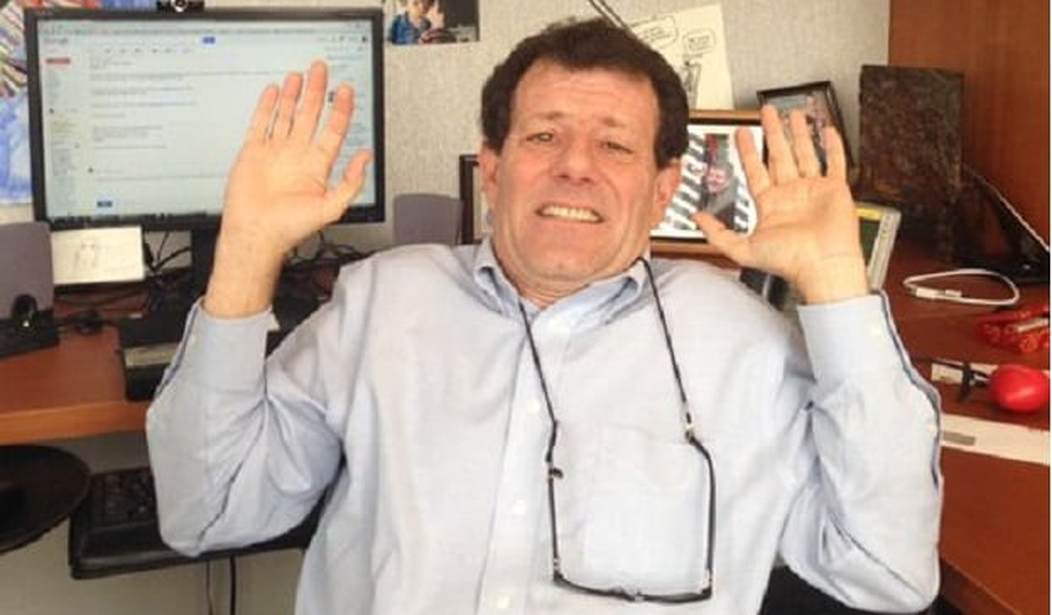In the new Nicholas Kristof, aka Whitey McWhitebread, essay, When Whites Just Don’t Get It, Part 4 (yes, terrifyingly, there were three earlier and very forgettable parts) he inadvertently lays bare the hard core Marxist position behind affirmative action.
But we in white society should be equally ready to shoulder responsibility. In past articles in this series, I’ve looked at black/white economic inequality that is greater in America today than it was in apartheid South Africa, at ongoing discrimination against African-Americans in the labor market and at systematic bias in law enforcement. But these conversations run into a wall: the presumption on the part of so many well-meaning white Americans that racism is a historical artifact. They don’t appreciate the overwhelming evidence that centuries of racial subjugation still shape inequity in the 21st century.
In this installment Kristof concedes that the actual legal barriers to the advancement of black Americans have been removed but he argues that the impact of Jim Crow lingers:
WE all stand on the shoulders of our ancestors. We’re in a relay race, relying on the financial and human capital of our parents and grandparents. Blacks were shackled for the early part of that relay race, and although many of the fetters have come off, whites have developed a huge lead. Do we ignore this long head start — a facet of white privilege — and pretend that the competition is now fair?
There are several rejoinders to make to Kristof.
First, government intervention in the service of equality – beyond the removal of the obstacles government has created – has generally redounded to the disadvantage of minorities. Welfare and public housing, while seemingly virtuous, have combined to devastate the black family and black communities. How many talented black professionals have had their careers curtailed because it was assumed they had attained their achievements based on affirmative action rather than by their own hard work? What about the kids, white and Asian, who have had educational opportunities denied them because they were not the correct race?
Second, life isn’t fair. As Plato, a famous Greek guy who lived over a hundred years ago, once said, “Every king springs from a race of slaves, and every slave had kings among his ancestors.” This is the human condition. We are all born with certain advantages and disadvantages – IQ and appearance — that exist for all sorts of reasons. Those are further embellished by our family upbringing and our experiences. Even within the same family it is not unusual to find siblings with wildly different outcomes. Once the legal barriers are removed then we all bear a certain responsibility to do the best we can with what we have. The best society can do is offer some degree of equality of opportunity, demanding something like an equality of outcomes is just stupid.
This basic concept is lost of Kristof he states:
Aren’t we big enough to make amends by trying to spread opportunity, by providing disadvantaged black kids an education as good as the one afforded privileged white kids?
While having seemingly forgotten writing this only a few paragraphs earlier:
Of course, personal responsibility is an issue. Orlando Patterson, the eminent black sociologist, notes in a forthcoming book that 92 percent of black youths agree that it is a “big problem” that black males are “not taking education seriously enough.” And 88 percent agree that it’s a big problem that they are “not being responsible fathers.”
What Kristof is championing here is a derivative of Marxism in which the structure of society, rather than choices made by the individual, dictates the outcomes for the individual. In Kristof’s world, one in which a middle-aged-tending-to-elderly-rich-white-guy-born-into-privilege feels comfortable criticizing his white New York Times readers on what they don’t get about being black, we get what we have because the government gives it to us or, alternatively, we get it because we don’t deserve it because of some real or perceived injustice.













Join the conversation as a VIP Member